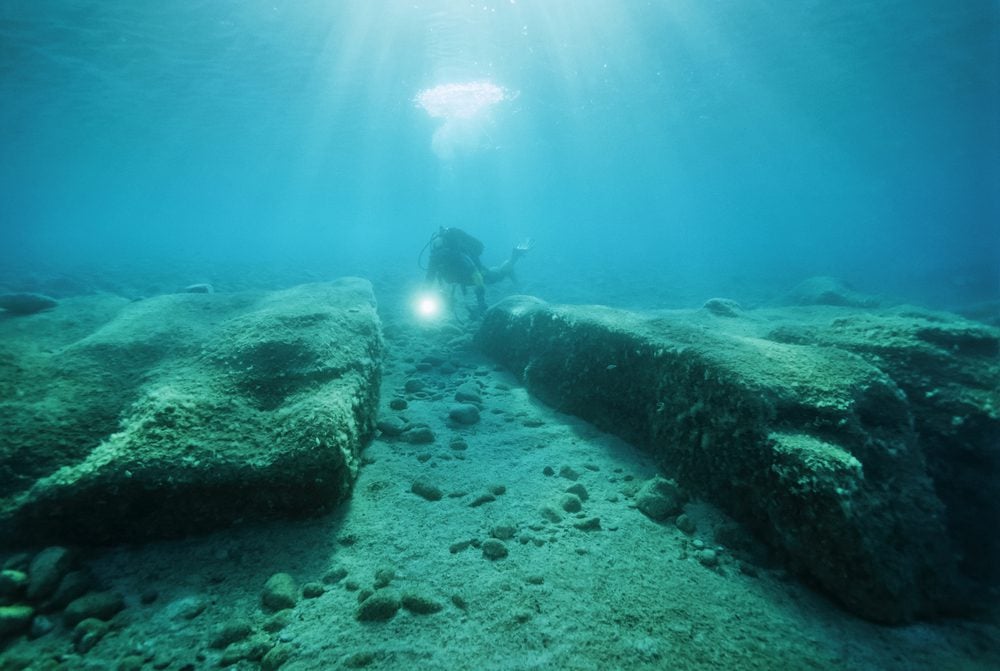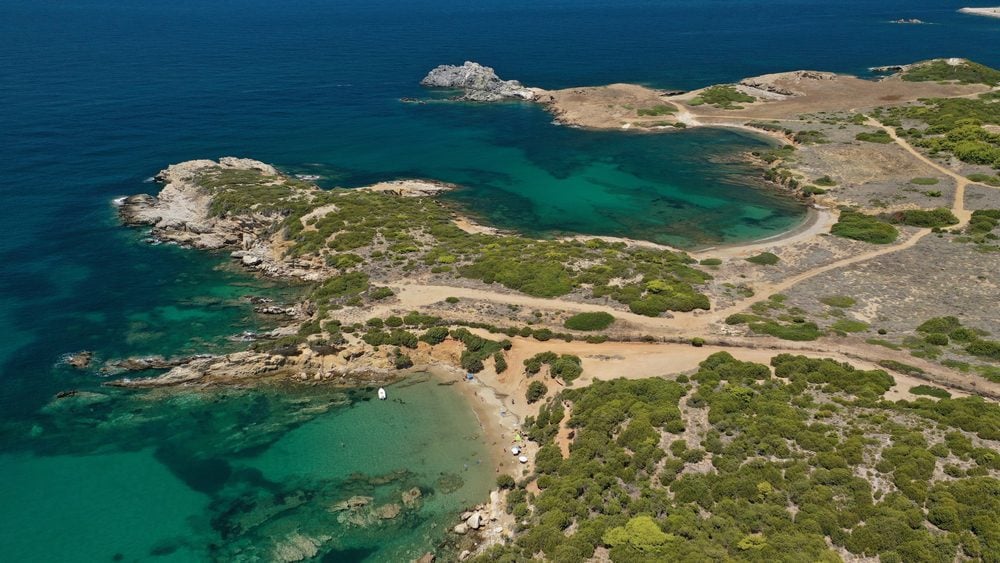Under The Sea: 5 Submerged Cities Around European Coasts
Europe’s shores, spanning over 20,000 miles, have witnessed several civilizations over numerous centuries. While contemporary coastal cities face the looming threat of rising seas due to climate change, history reveals that the challenges of surging waters are not a recent phenomenon.

Delving into the depths, underwater archaeologists have uncovered the secrets of sunken cities, providing a unique window into ancient civilizations. Here are five lesser-known sunken cities around Europe that tell tales of times long past.
1. Canopus: Forgotten Glory in the Mediterranean
While the spotlight often shines on the nearby Heracleion, the sunken city of Canopus, submerged in the western part of the Nile Delta, boasts its own rich history. Tracing its origins in the eighth century B.C.E., things like natural disasters and rising sea levels led to the demise of both cities by the 8th century C.E.
2. Akra: A Greek Gem in the Black Sea
Submerged in the Black Sea off the coast of Crimea, the ancient city of Akra was a bustling hub founded in the 6th century B.C.E. Part of the Kingdom of Bosporus, its strategic location on the Kerch Strait facilitated both land and sea trade. However, by the 4th century C.E., rising Black Sea waters swallowed Akra, leaving behind remnants that were discovered in the 1980s.
3. Agios Petros: Aegean Echoes of Antiquity
Beneath the Aegean Sea, the submerged city of Agios Petros reveals traces of human settlement dating back to 6000 B.C.E. Discovered by underwater archaeologist Nicholas Flemming in 1967, ongoing research led by Nikos Efstratiou has unveiled sea walls, artifacts, and ancient structures.
4. Rungholt: The North Sea’s Enigmatic Atlantis
In the muddy flats of Germany’s Wadden Sea, the lost city of Rungholt parallels the mythical Atlantis of the Mediterranean. Submerged by a powerful storm surge in 1362, legends suggested divine retribution. Recently discovered Frisian ruins, likely associated with Rungholt, include the remains of a large church, shedding light on a city lost to the North Sea in the 12th century C.E.

5. Simena: The Lycian Legacy Beneath Turkish Waters
Off the southwestern coast of Turkey lies the sunken city of Simena, a part of the ancient Lycian region. An earthquake caused Kekova, including Simena, to sink. Today, UNESCO is considering listing Kekova as a World Heritage site, recognizing its historical significance as part of the Lycian League formed in the 1st century B.C.E.
As these sunken cities gradually unveil their mysteries, they teach us about the past and serve as a poignant reminder of the ever-changing relationship between humanity and the forces of nature.
